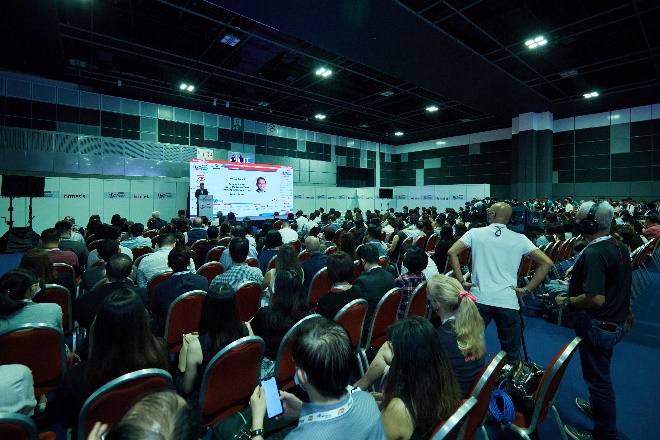What boards of directors want from HR—and how you can deliver

Corporate boards of directors are increasingly viewing HR leaders as strategic partners, and they not only want you to enlighten them about tangible people issues within the organisation, but also would like to see valuable data to back it up.
There are some of the sentiments in a recent Institute for Corporate Productivity (i4cp) survey, which came to life this week with corporate board members speaking on a panel at i4cp’s Next Practices Now Conference in Scottsdale, Arizona, the US, on corporate board and CHRO alignment.
For starters, corporate boards increasingly view the head of HR as holding a mostly or very strategic position with the organisation, with 58% of board directors expressing this view in 2022, up from 50% in 2021, according to an i4cp and Extraordinary Women on Boards survey.
And that sentiment is reflected on nearly a third of corporate brands, with 30% of survey participants saying they have HR expertise on their board and another 9% noting the expect to add it in the next 12 months.
But despite a majority of board members viewing HR as strategic leaders, there is a large disconnect with the importance board directors give to HR focuses like diversity, equity, and inclusion (DE&I) and company value.

Board directors want enlightenment to bridge disconnect gap
In explaining that disconnect, it comes down to a lack of enlightenment of corporate directors, said Leah Sweet, an i4cp panellist and Board Member at GoDaddy, Versapay and BMC Software.
“The vast majority of board directors are not enlightened and don’t understand the differences between human capital and company culture,” said Swett, a former executive with PayPal and most recently its Senior Vice President of Global Design, Delivery and Operations.
She added HR leaders play a role in explaining these nuances to board directors so they can make distinctions.
Another way to enlighten directors is to make the intangible aspects of HR tangible, added Kristen Robinson, an i4cp panellist and board member for Planet and Verint.
It can be difficult to measure organisational culture and DE&I but HR leaders need to find ways to communicate their impact and ROI to the board, said Robinson, a former CPO at Splunk.
It is equally important to help connect the dots between HR and your organisation’s goals and strategy, said these board members, especially during economic downtimes.
“When times are good, the focus is on the fuzzy stuff like HR,” Sweet said. “But when times are bad, the focus is on the financials.”
As a result, HR needs to remind the board of directors that an organisation cannot exist without its employees. That reminder should include how talent is hired, people strategy, and the rerun on investments, Sweet added.
READ: Why executive pay cuts could be the ‘bold move’ your organisation needs
Advice for first-time board presenters
Stepping into a boardroom to make your first presentation can seem daunting, but keep one thing in mind to calm your nerves, said Robinson, recalling the first time she made a board presentation.
“I wish I had not assumed that the board members knew more than me,” Robinson said. “The board is there to impart their wisdom but you know more than they do in the field of HR.”
Transparency is also a key traits to remember. During difficult times, it is best not to sugarcoat it and lean into the varied expertise and guidance of your board, who are there to help you succeed, Sweet said.
And keep in mind, your first-time board presentation is not likely to be your last, with the growing importance of HR strategy as part of the overall corporate strategy. So, it pays to look for ways to build your relationship with board members.
Board members are craving HR data
Providing data to support your observations and recommendations will build credibility and your relationship with your board. But roughly a third of board directors feel valuable human capital data is not being shared with the entire board, according to the i4cp and Extraordinary Women on Boards survey.

“If board members had more access to data, they would be willing to understand HR issues,” Sweet said.
She noted many board members are behind the curve in knowing what data to even look for and having the ability to link the data to HR outcomes.
Robinson stressed the importance of not only sharing more data with board members but also providing the story beyond what the data means. She pointed out other countries, especially in Europe, are requiring organisations to disclose more data about their workforce and in some cases make the unaccountable accountable, such as culture.
One way to help board members navigate HR data and understand the connection to the business strategy and goals is to provide an executive summary before the board meeting, Sweet said.
“I’ve had other departments like finance, legal and technology give me executive summaries before a board meeting but I have never received one from HR,” Sweet said. “I may get reams of data from HR but not a narrative to go with the data. It would be phenomenal if I could get the CHRO’s perspective.”
About the author: Dawn Kawamoto is HR Editor of HRE. The article was first published on Human Resource Executive.



